The decision by the Bank of China to restrict Russian bank clients' transactions involving banks in the EU, US, Switzerland and the UK following the visit of US Secretary of State Anthony Blinken may be just a coincidence.
On the other hand, it could also be a scenario orchestrated by Beijing to appease Mr. Blinken over the ongoing conflict in Ukraine, or simply a reflection of Russia’s diminishing role in China’s strategic and economic thinking.
The Bank of China has begun to stop transactions in Russian yuan, U.S. dollars, Hong Kong dollars (HKD) and euros through its correspondent accounts since June 13, Russian state broadcaster RBC and Russian media company Frank Media reported, citing representatives of Russia's Finam bank. Two other Russian banks, UniCredit and Akibank, have also made similar announcements.
Secondary punishment
Under current sanctions, banks in sanctioned countries are prohibited from doing business directly with sanctioned Russian entities. However, banks and companies in third-party countries such as China are not explicitly prohibited from doing business with Russians.
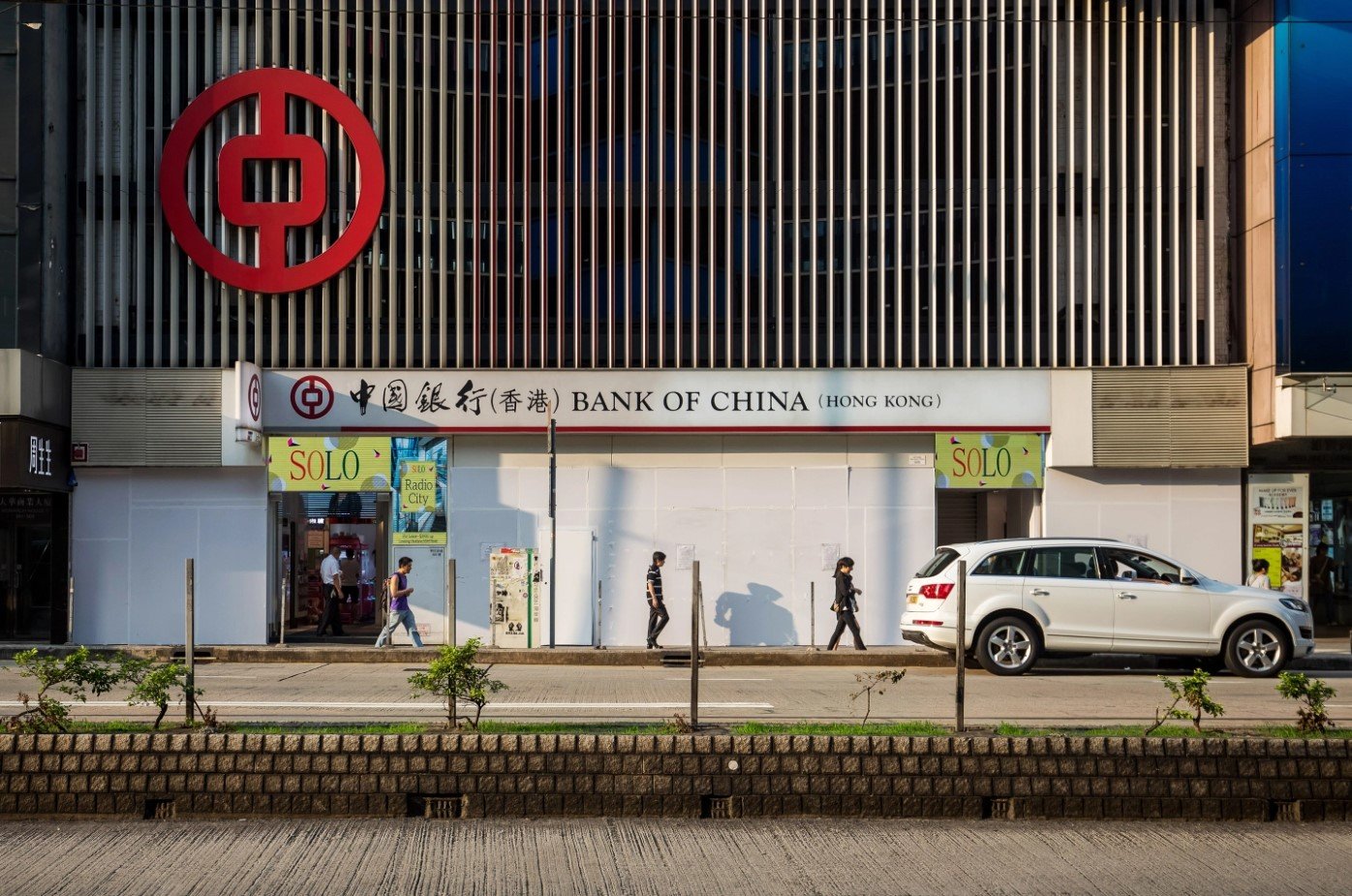
The latest restrictions on Bank of China, one of China's four largest state-owned banks, may indicate Russia's diminishing role in China's strategic and economic thinking. Photo: Fortune
The West has so far not imposed secondary sanctions or banned transactions between sanctioned Russian entities and entities based in non-Western countries.
China clearly does not want to be drawn further into the diplomatic and rhetorical war over Ukraine, which may partly explain its move to support the US and EU in tightening sanctions on Russia.
Russia, of course, blames the West. “The decision was not made by China, but by the EU and the US. It is their way of trying to increase the pressure of sanctions by choking off alternative channels in the form of yuan,” said Pavel Semyonov, chairman of the board of directors of Modulbank.
Mr Semyonov’s point is not without merit. Brussels in April proposed sanctions against Chinese companies for supporting “the Russian war machine” for the first time since the war began. Several Chinese companies on the EU list, such as electronics maker King-Pai Technology, have already been hit with US sanctions.
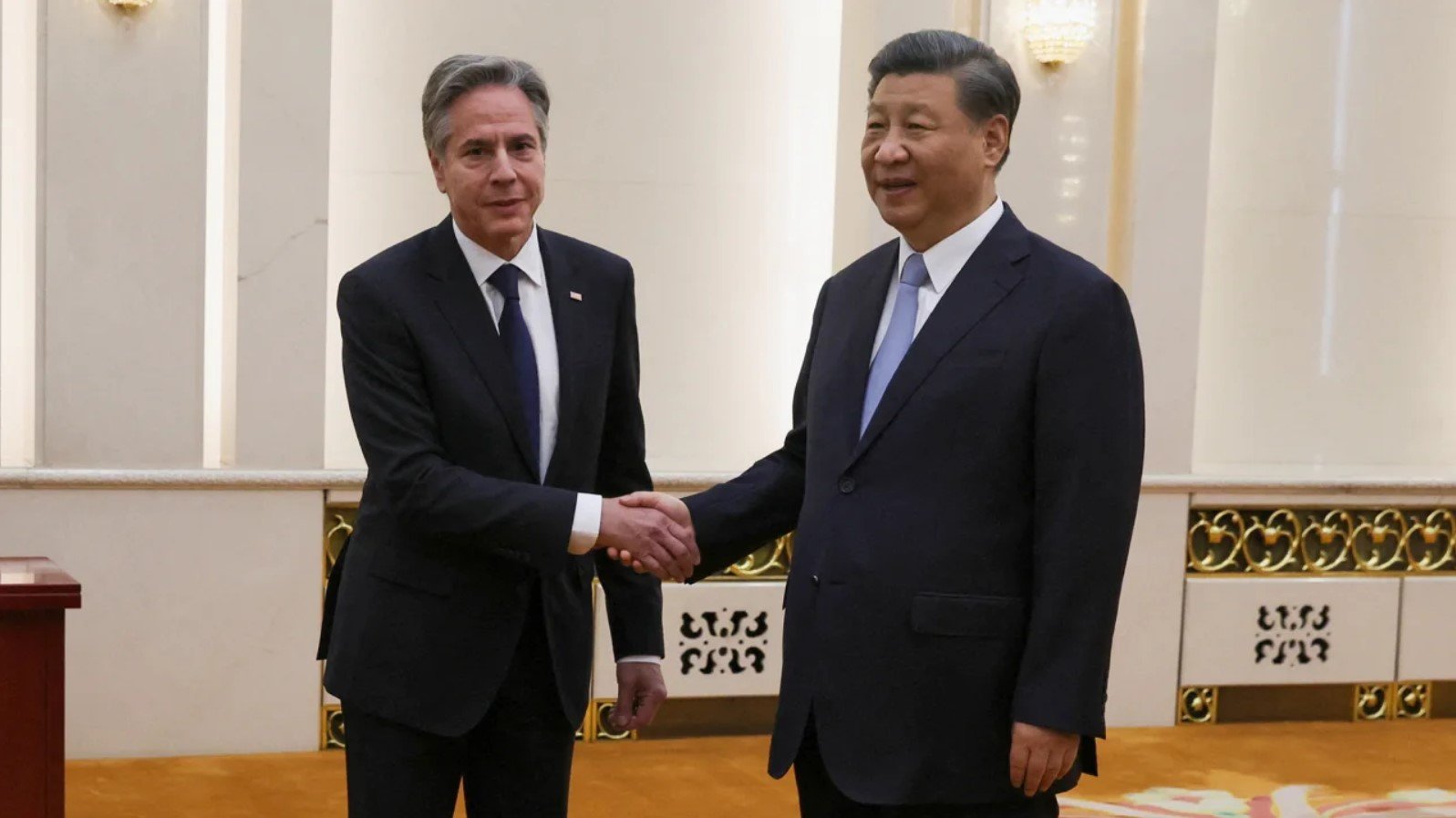
The decision to impose restrictions on Chinese banks came shortly after the US Secretary of State's visit to China. Photo: CNN
In early June, Beijing said it would “closely follow” EU discussions on an 11th round of sanctions against Russia after the European Commission proposed restrictions on trade with third countries that were seen as bypassing existing sanctions.
“I note that Chinese banks are not saying no to Russian accounts, but rather restricting some activities when Western banks are involved,” said Eric Hontz, director of the Center for Responsible Investment in Washington.
Robert Person, an associate professor of international relations at the US Military Academy, believes it is also a precautionary move. “It shows that China is concerned about the possible threat of secondary sanctions,” he said.
Strategic benefits
Others, meanwhile, sense a deeper strategic motive for China's recent move.
“This is significant. It signals a worrying trend for Mr. Putin because he is potentially losing one of his biggest supporters,” said Bill Browder, CEO and co-founder of Hermitage Capital.
According to EU diplomat Albrecht Rothacher, Beijing is beginning to realize that the conflict in Ukraine is not in its best interests, given the economic stagnation in Europe and falling purchasing power in Russia.
“After all, business in the US, EU and UK is much more important to China than business in Russia, except for shipments of oil, gas, timber and minerals,” Mr Rothacher said.
Mr. Rothacher believes that sanctioned Russian entities will likely use the services of other smaller banks in China, Türkiye, India, Austria, the United Arab Emirates, South Africa and Brazil, among others. These banks will be outside the sanctions’ purview. However, dealing with these banks could become more expensive and complicated.
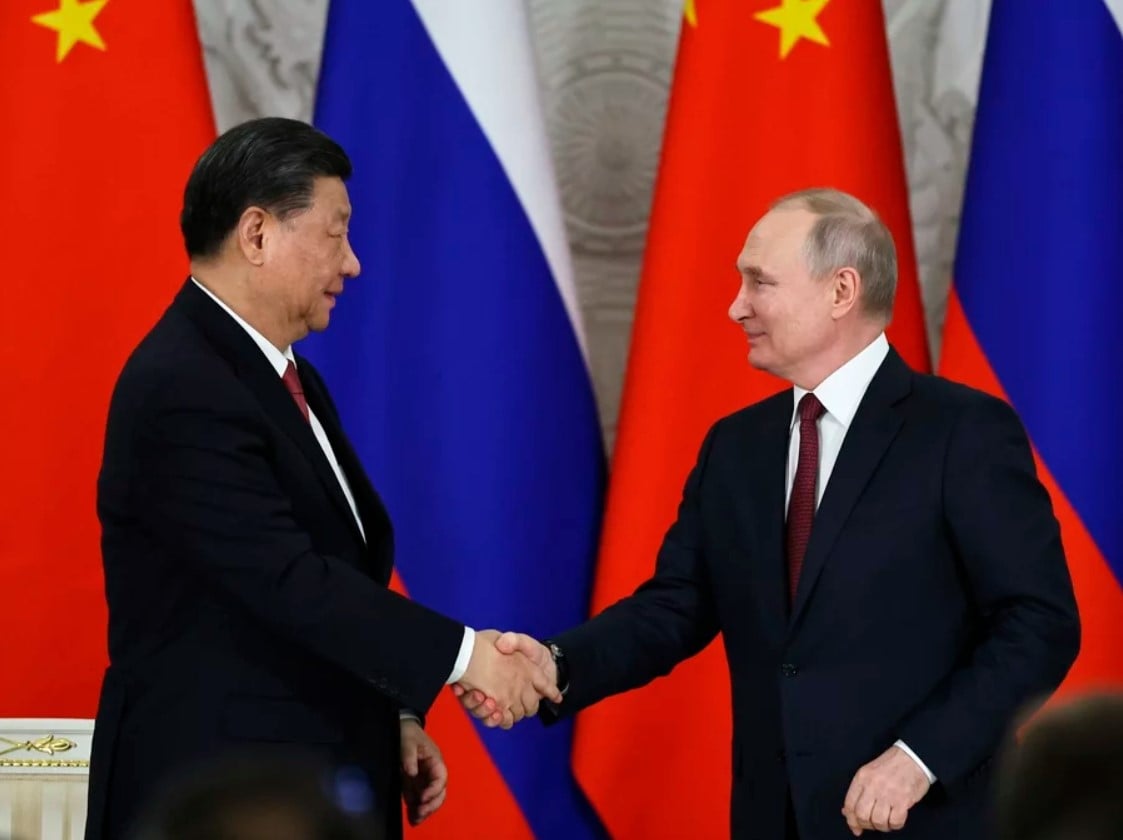
Russian President Vladimir Putin (right) and Chinese President Xi Jinping shake hands after talks in Moscow in March 2023. Photo: NPR
The leaders of China and Russia have signaled a deepening economic and strategic partnership, but the relationship is actually constrained by Beijing’s strategic interests, Maia Nikoladze, assistant director of the Economic Statecraft Initiative, wrote in a recent Atlantic Council blog post.
This is evident in a series of moves. UnionPay, a Chinese payment system that was a “lifeline” for Russians after Visa and MasterCard left the market in March 2022, has cut its exposure to sanctioned banks in Russia.
In addition, the leaders of Chinese bank ICBC and two Chinese-led development institutions, the New Development Bank (NDB) and the Asian Infrastructure Investment Bank (AIIB), have cut off Russia's access to their financing in 2022.
In addition, Chinese banks have not lent money to the Russian government. The Asian country has also cut off its dependence on Russian energy imports and has restricted the flow of advanced technology to Russia.
“The open-ended partnership remains rhetorical. Even if China minimizes the impact of sanctions on Russia, Beijing’s actions are always constrained by its strategic interests and the fear of triggering secondary sanctions from the US,” Nikoladze said .
Nguyen Tuyet (According to DW, meduza.io)
Source


![[Photo] General Secretary To Lam concludes visit to Russia, departs for Belarus](https://vphoto.vietnam.vn/thumb/1200x675/vietnam/resource/IMAGE/2025/5/11/0acf1081a95e4b1d9886c67fdafd95ed)
![[Photo] General Secretary To Lam arrives in Minsk, begins state visit to Belarus](https://vphoto.vietnam.vn/thumb/1200x675/vietnam/resource/IMAGE/2025/5/11/76602f587468437f8b5b7104495f444d)
![[Photo] General Secretary To Lam meets and expresses gratitude to Vietnam's Belarusian friends](https://vphoto.vietnam.vn/thumb/1200x675/vietnam/resource/IMAGE/2025/5/11/c515ee2054c54a87aa8a7cb520f2fa6e)



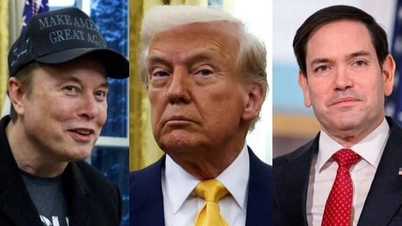

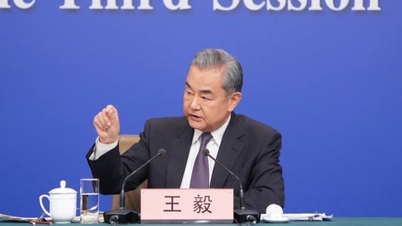



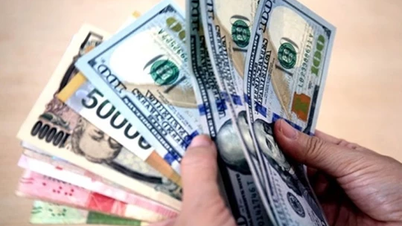
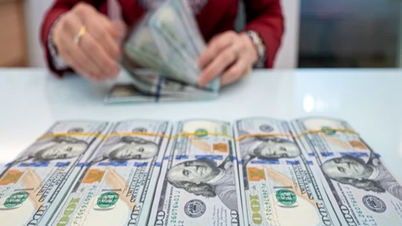
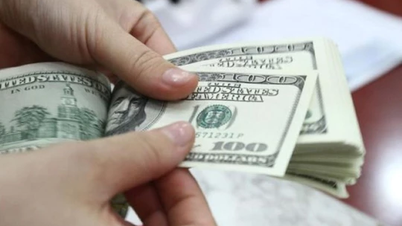



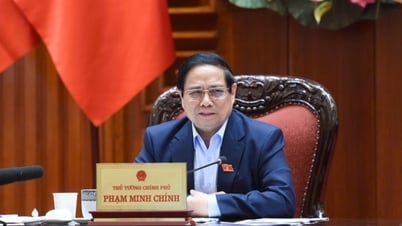

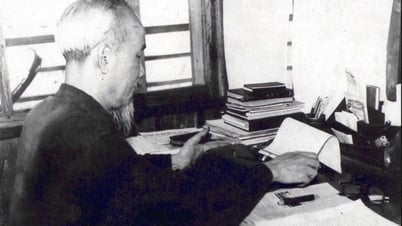











![[Photo] National Assembly Chairman Tran Thanh Man attends the Party Congress of the Committee for Culture and Social Affairs](https://vphoto.vietnam.vn/thumb/1200x675/vietnam/resource/IMAGE/2025/5/11/f5ed02beb9404bca998a08b34ef255a6)














































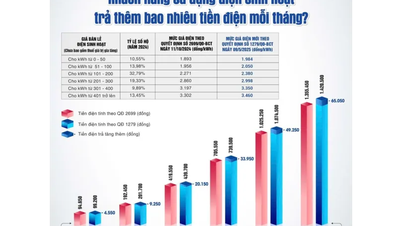

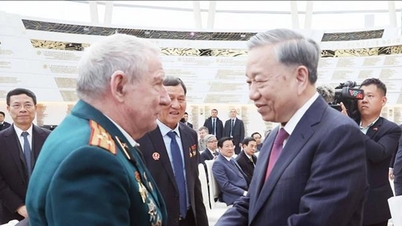














Comment (0)